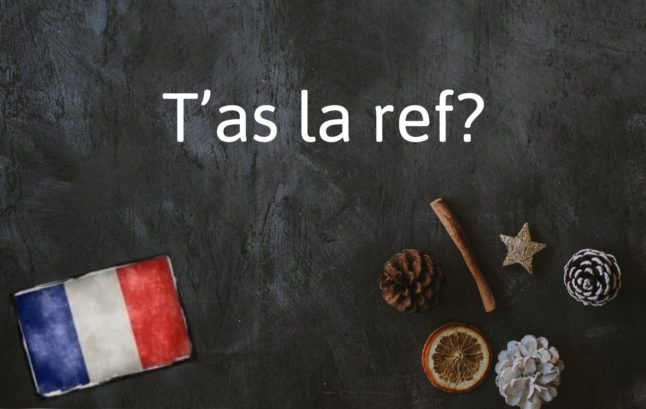Why do I need to know c’est bateau?
You probably knew that bateau is the French word for boat, but were you aware that it can also be used to describe an idea?
What does it mean?
As most French learners will know, un bateau is a boat.
However, when used as an adjective, bateau means run-of-the-mill, banal or unoriginal. It usually has pejorative connotations – the website L’internaute suggests “hackneyed” as an English translation.
It’s often used to describe a topic, an idea, or a story, that’s either banal and unremarkable, or something that’s been hashed and rehashed so often that it’s now of little interest.
So if somebody responds to your idea by saying, “C’est bateau”, they’re not comparing you to a sailor, they’re actually saying your idea is uninteresting.
The origins of the expression are unclear, and will just have to go down as one of life’s great mysteries.
But it’s not the only French expression to use the word bateau. Mener quelqu’un en bateau (to bring someone on a boat), and monter un bateau à quelqu’un (to build someone a boat), both mean inventing a story to fool someone, or giving them false ideas.
Use it like this
Le weekend, le JT ne passe que des sujets bateau – At the weekend, there’s only mundane stories on the evening news.
La journaliste a posé une bonne question, mais le ministre a donné une réponse bateau – The journalist asked a good question, but the minister gave a politician’s answer.
C’est vraiment bateau comme idée – That’s a really unoriginal idea.
Synonyms
Banal – banal
Rebattu – well-worn
Réchauffé – rehashed



 Please whitelist us to continue reading.
Please whitelist us to continue reading.
Member comments